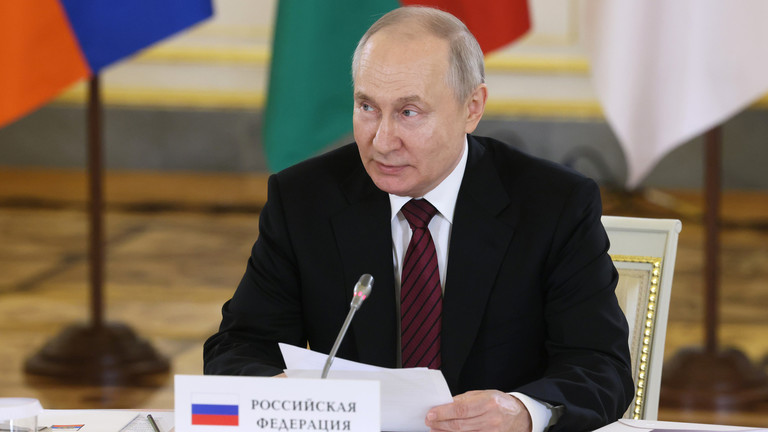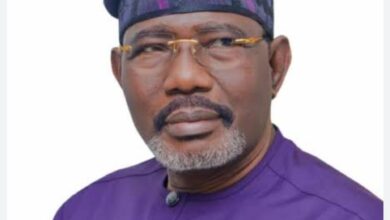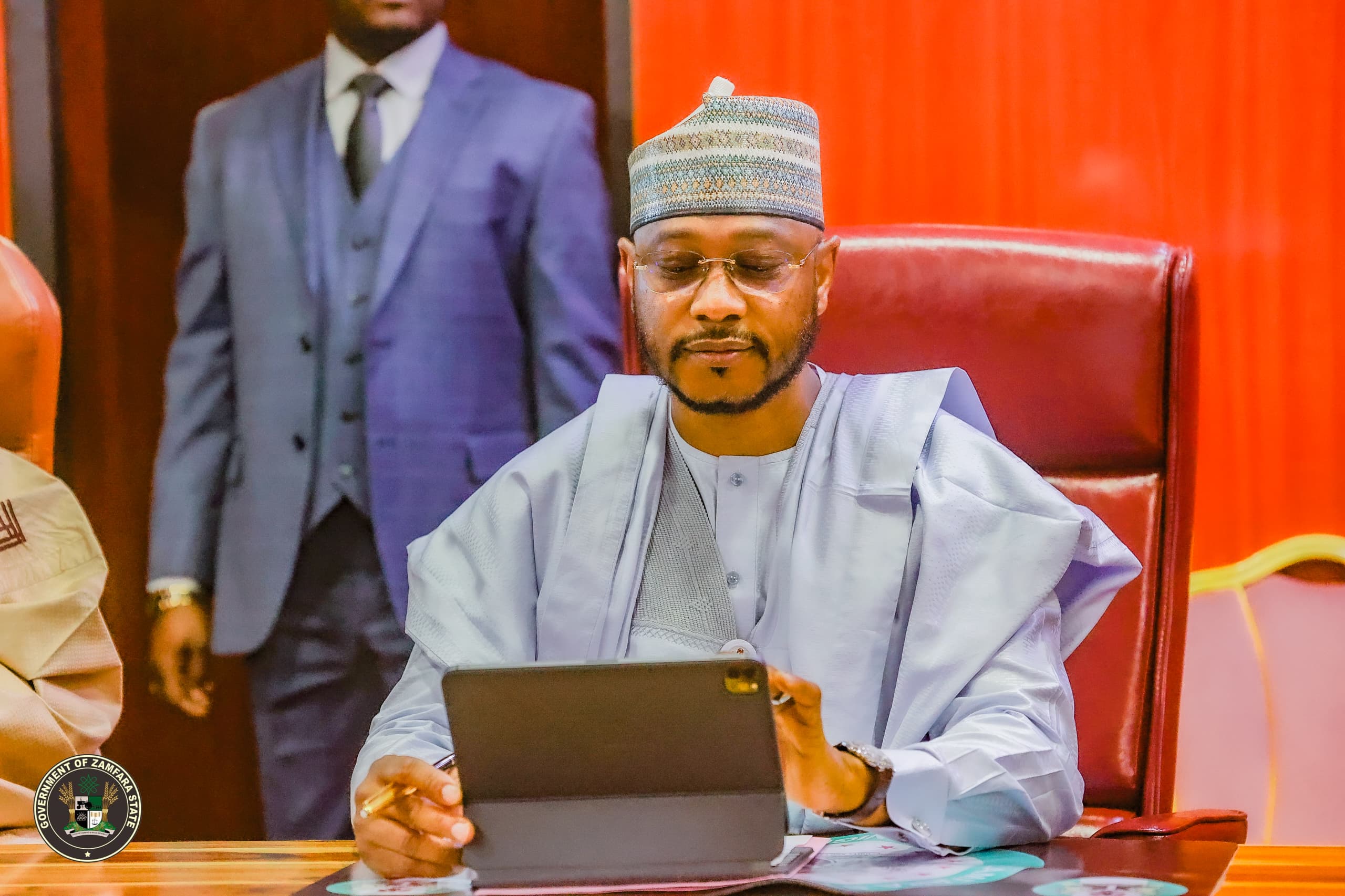
Major US credit agencies have been accused of bias when it comes to assessing non-Western economies
The Eurasian Economic Union (EEU) member states should establish a rating agency to provide adequate assessment tools for the region’s growing economic activity, Russian President Vladimir Putin has said.
The proposal was made during a meeting of the Supreme Eurasian Economic Council in Moscow on Thursday.
Currently, the market for international credit ratings is dominated by three US-based agencies: Moody’s Investor Services, Standard and Poor’s (S&P), and Fitch Group. Countries outside the West have accused them of economic and political bias when it comes to assessing their markets.
“It would be useful to establish the Eurasian rating agency,” Putin stated, adding that principled approaches and strict criteria are needed. “It is important to guarantee that the work is absolutely objective. This is its whole value. If this is not the case, then there is no point in it,” the Russian leader stressed.
In addition, the president called for the development of industrial cooperation and an increase in the number of new joint ventures under the common trade mark “Made in the EEU.”
“It is important that such a new brand become recognizable and gain popularity among consumers in all our countries as soon as possible, and the Eurasian quality mark on goods manufactured in the territory of the five countries means that products meet the highest standards,” he stressed.
Additionally, the Russian leader called on participants at the EEU summit to develop common priorities for technological development, and create technological alliances with the involvement of third countries. Such associations could help set up new science-intensive and high-tech industries in the region, according to Putin.
The EEU, which is based on the Customs Union of Russia, Kazakhstan and Belarus, was established in 2015. It was later joined by Armenia and Kyrgyzstan. This year, Iran sealed a memorandum on free trade with the bloc. The union is designed to ensure the free movement of goods, services, capital, and workers between member nations. RT 25 May 2023








